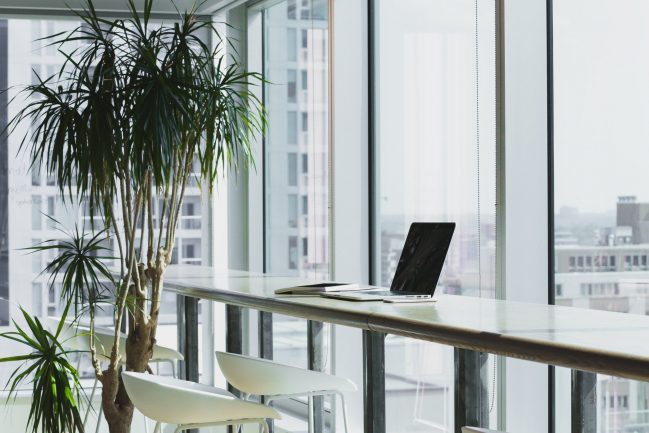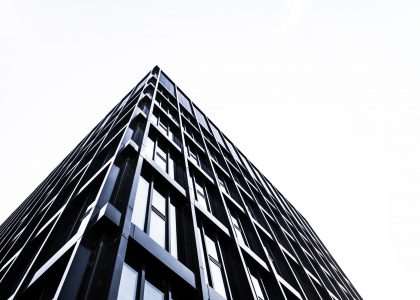Is it time to upgrade? Do you need more space than you’re working with right now, or perhaps more employees (which means more space)? Then it’s time for you to put on your investment hate and look for the perfect commercial building.
Whether you lease or buy, you should never settle for less than what you need. Ready to learn more and figure out how to find the right property for you?
We’ve got three helpful tips below.
1. Get Curious
One of the worst things you can do when you buy any kind of asset, real estate or not, is not know exactly what you want. It makes your process harder, your realtors job harder, and the process a lot longer for everyone involved.
So before you decide you’re looking for a commercial building, or at least before you look for the first listing, ask yourself the following questions.
What Purpose You’re Buying it For?
This is probably the easiest question to answer, but it’ll let the realtor or whomever you’re working with know exactly where to start. Are you trying to open a storefront or an office building where there will be more people and computers vs pallets of merchandise?
If you’re selling something in your space, do you need both a storefront and a back room for distribution or will those spaces be separate?
Are you Looking to Buy or Lease?
On one hand, leasing is cheaper and most times quicker than buying a property. But on the other hand, buying a property makes more financial sense, as you now have control of the building and it’s worth.
If you have the budget to buy a smaller space, but you’re worried about outgrowing it quickly, it may be better to lease and save your money until you can buy.
But if you have a large budget and you can afford a big space – buy something bigger than you need. That way you can lease out the rest of the space to someone else and make some money back to help you pay your commercial loan or mortgage.
Another thing to consider when you’re deciding whether to buy or lease is how much time you can commit to the property. As a renter (leasing), the building owner is responsible for upkeep and repairs.
If you buy the building, you’re then responsible for those things yourself. That means employing someone to keep up with whatever landscaping there is, even if it just means shoveling the snow so you don’t get sued from a slip and fall.
2. Reframe “Location, Location, Location”
Let’s get one thing straight. The location of your commercial building is just as important as the location of your home or your brick and mortar storefront. But in a different way.
You’re not going to think about how close it is to foot traffic, if it has enough parking nearby for people to visit, and the things you’d consider for other purchases. Instead you want to think about the logistics of whatever kind of commercial building you need.
With online shopping and drop shipping becoming so popular, most people are shopping for some sort of warehouse. Now – what does a warehouse need to be considered a good location for business?
It needs a few things. You want to be near a port or airport or some sort, as close as you can get without paying more in rent/purchase price. You also want it to have enough room for loading trucks and it to have some sort of space for an organizational system inside.
There’s no point in renting a giant warehouse if you can never find anything in it. Most of the time warehouses come empty, but whoever sells you the building can give you some leads on shelves and commercial organizational structures.
You’ll also need some sort of office that can act as your returns and processing center. Commercial printers (and enough hookups/energy to power them) are essential too. How else are you going to print all those shipping labels?
Most commercial buildings come with some sort of office to workspace or warehouse ratio. If you don’t like what you see and you’re buying- not renting- the property, it’s okay to ask if you can reconfigure the construction.
3. Find Enough Space at the Right Price
The next thing you have to do is find a location that’s big enough for what you need, but not oversized. Just like when you buy a home, there’s a cost per square foot. You want to make sure you’re not 1) overpaying for that or 2) overbuying for what you need.
You should use at least 80% of your space, assuming you’ll need some room to grow. Figure out what the dimensions of your current commercial space or office are. How much more space does each room need?
The other way to do that is to look at what your profit is and what you’re currently paying. How much more can you afford to pay when you switch from your current location to a bigger one? While it’s not exact, could you pay double your current rent for double the space?
Make sure you compare your current price per square foot to the potential building’s as well. While there will be some variance, you shouldn’t pay significantly more unless you’re in a prime location or the building comes with some other kind of amenities.
Buying the Perfect Commercial Building
Once you’ve asked yourself the questions above, considered your location needs, and done some serious math – then you can consider buying or leasing a commercial building.
It doesn’t matter if you do it on your own or use a commercial real estate company, starting out with a good idea of what you need is the key to success.

